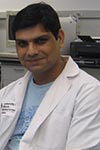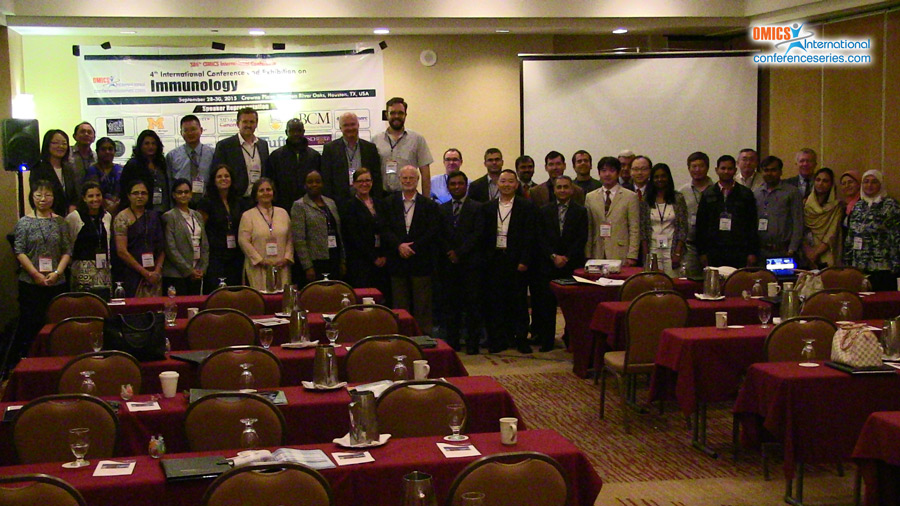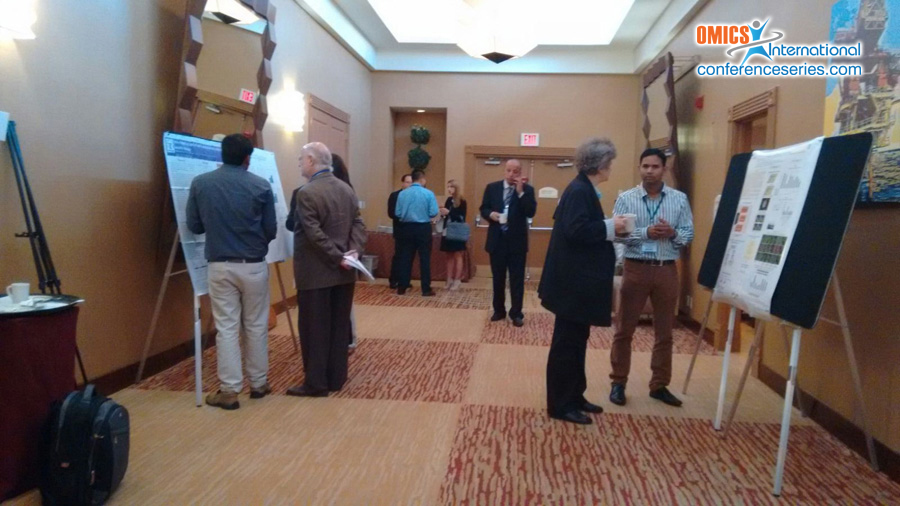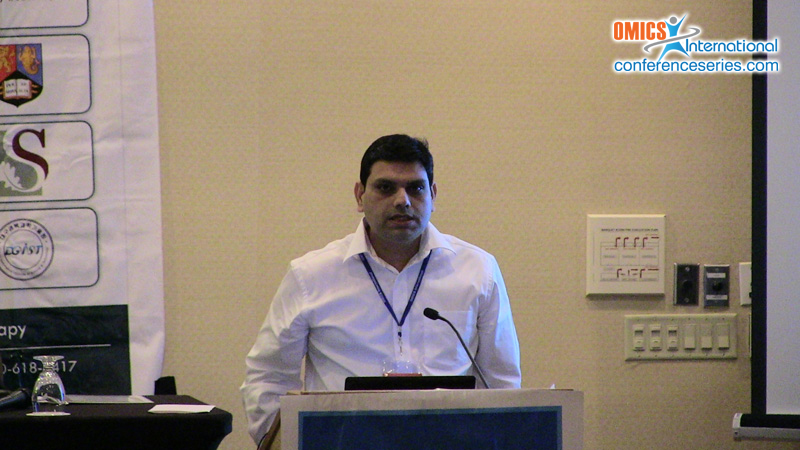
Mirza Saqib Baig
Indian Institute of Technology, India
Title: NOS1-derived nitric oxide promotes NF-kB stability and transcriptional activity by inhibiting suppressor of cytokine signaling (SOCS-1) in response to TLR4 activation
Biography
Biography: Mirza Saqib Baig
Abstract
Nitric oxide synthases are a family of enzymes that catalyze the production of nitric oxide (NO) from L-arginine. NO is an important cellular signaling molecule, having essential roles in many biological processes including the control of blood pressure, regulation of neuronal activity and immune responses. NOS3 (endothelial NOS or e NOS) and NOS2 (inducible NOS or I NOS) have been appreciated as mediators of inflammatory processes. However, considerably less is known about the role of NOS1 (neuronal NOS or n NOS) in inflammation. We have uncovered an important role for this enzyme in regulating TLR4 signaling. We demonstrate that in contrast to the enhanced susceptibility of NOS2-/- and NOS3-/- mice to LPS, NOS1-/- mice are, in fact, more resistant to LPS-induced lethality and tissue injury. We demonstrate that the loss of NOS1 attenuates TLR4-stimulated cytokine production and NF-κB activity in vivo and in vitro. Macrophages from NOS1-/- animals demonstrate an LPS-induced decrease in protein levels of the p65 subunit of NF-κB. This decrease in p65 protein correlates with an increase in protein levels of suppressor of cytokine signaling-1 (SOCS1) and increased physical association between SOCS1 and p65. On studying the mechanism of NOS1-regulation of inflammation we found that an early pulse of NOS1-derived NO was required to stabilize p65 in the nucleus of macrophages via the inhibitory S-nitrosation of suppressor of Cytokine Signaling-1 (SOCS1). NOS1-derived NO through nitrosation of Cys147 and Cys179 on SOCS1 permits p65-mediated pro-inflammatory gene transcription and is essential for the mechanism of inflammation. Taken together, our results demonstrate that NOS1 is a fundamental early regulator of gene transcription of the inflammatory response thereby heavily impacting the course, type and duration of the inflammatory process.
Speaker Presentations
Speaker PDFs
Speaker PPTs Click Here




